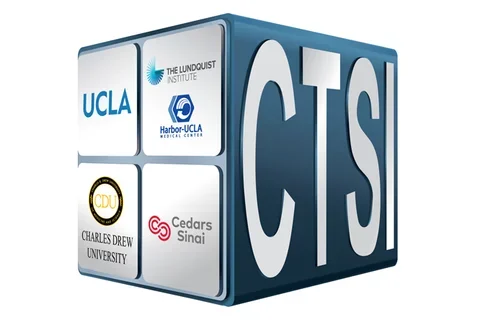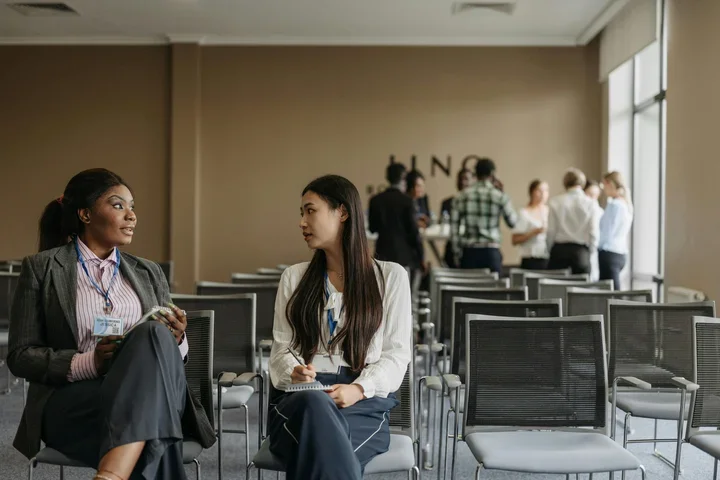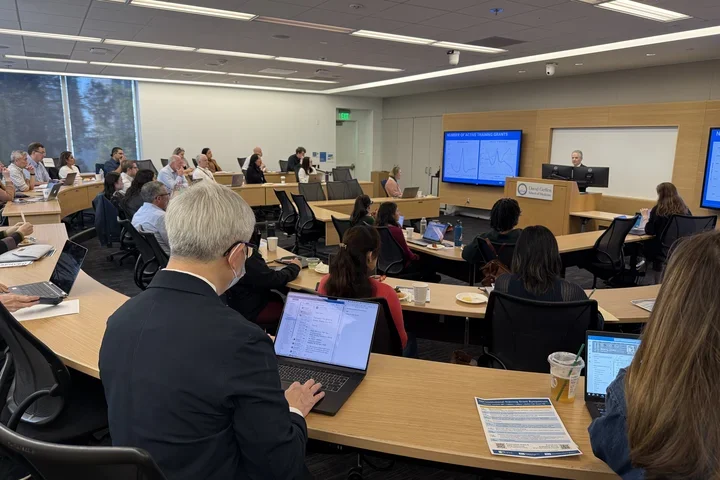UCLA study reveals how immune cells can be trained to fight infections

The body’s immune cells naturally fight off viral and bacterial microbes and other invaders, but they can also be reprogrammed or “trained” to respond even more aggressively and potently to such threats, report UCLA scientists who have discovered the fundamental rule underlying this process in a particular class of cells.
In a study published June 18 in the journal Science, the researchers identified a key molecular mechanism within macrophages, infection-fighting cells of the innate immune system, that determines whether—and how well—the cells can be trained. Their findings could help pave the way for future targeted strategies to enhance the function of the immune system.
“Like a soldier or an athlete, innate immune cells can be trained by past experiences to become better at fighting infections,” said lead author Quen Cheng, an assistant clinical professor of infectious diseases at UCLA’s David Geffen School of Medicine. However, he noted, the researchers had previously observed that some experiences seemed to be better than others for immune training. “This surprising finding motivated us to better understand the rules that govern this process.”
Cheng is continuing this research as a CTSI KL2 scholar under the mentorship of senior author, Dr. Alexander Hoffman, as well as Dr. Scott Filler at Harbor-UCLA Medical Center and Dr. Otto Yang at UCLA.
The study was funded by the National Institutes of Health and the UCLA department of medicine’s specialty training and advanced research (STAR) program. Cheng received salary support from CTSI during the study period through his 2020 CTSI KL2 Scholar Award.
Read the full UCLA press release.
image caption: The researchers focused on the dynamics of a key signaling molecule in immune cells called macrophages (pictured here).
Image source: iStock.com/SciePro



